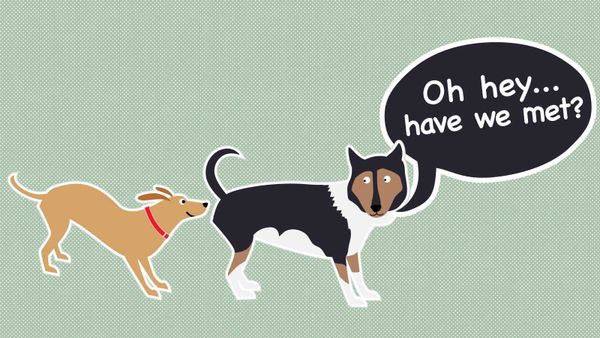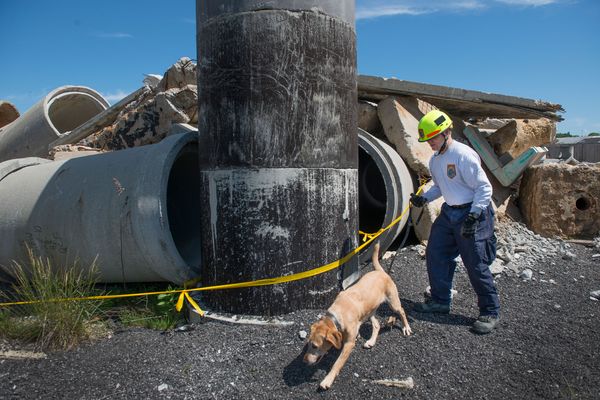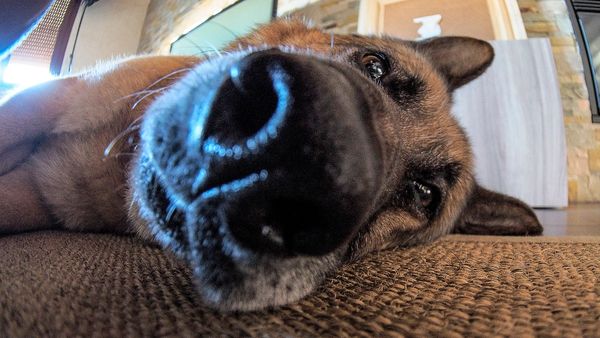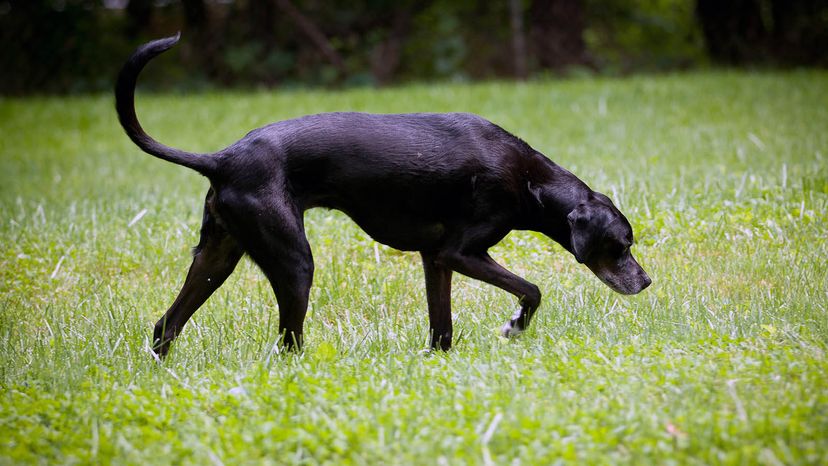
When you take your dog for a walk, you know you're going to stop at every bush, fire hydrant, mailbox and any other "marked" item along the route. And that's because dogs have highly sensitive sniffers. Their noses are constantly processing information left by other neighborhood dogs or critters that have passed through their turf with their amazing noses.
Scientists say a dogs' sense of smell is 10,000 to 100,000 times more acute than humans. Dogs have been trained to sniff for bombs at airports, to participate in search and rescue, and to even detect certain diseases, like diabetes and possibly coronavirus. But just like any other of the senses including sight, hearing or taste, that sense of smell can disappear for a whole host of reasons. If it does, it can be confusing for the dog and challenging to diagnose.
Advertisement
Anosmia in Dogs
Anosmia — the loss or the decreased ability to smell — is a fairly common symptom that people experience with illness or trauma. We heard about it most recently during the COVID-19 pandemic. When it happens, people usually self-report it. Unfortunately, dogs can't tell their people what's going on. Instead, they may pick at their food or behave strangely.
"When we diagnose or document anosmia in a dog, we're doing it based on changes in behavior patterns or things they used to do that they can't do anymore," says Dr. Sarah Moore, a veterinarian and professor in the College of Veterinary Medicine at The Ohio State University. Moore also specializes in veterinary neurology and neurosurgery. She says it takes a very astute owner to pick up anosmia in dogs.
"It's quite hard, especially if it's just one side of the nose," she says. "If they can still smell out of the other it can be really difficult for the owner to realize there's something wrong."
Moore says owners typically bring dogs in when it's affected their work — doe example, a police dog doing scent work or dogs at the airport sniffing for drugs. She had a case of anosmia in a dog that was a bedbug sniffer.
"The dog went to people's houses and smelled out bedbugs and the owners noticed a change in the way he did his job," she says. "That often triggers the visit to the vet and by then it's usually a complete loss of smell because those dogs are so good at compensating for any loss of smell."
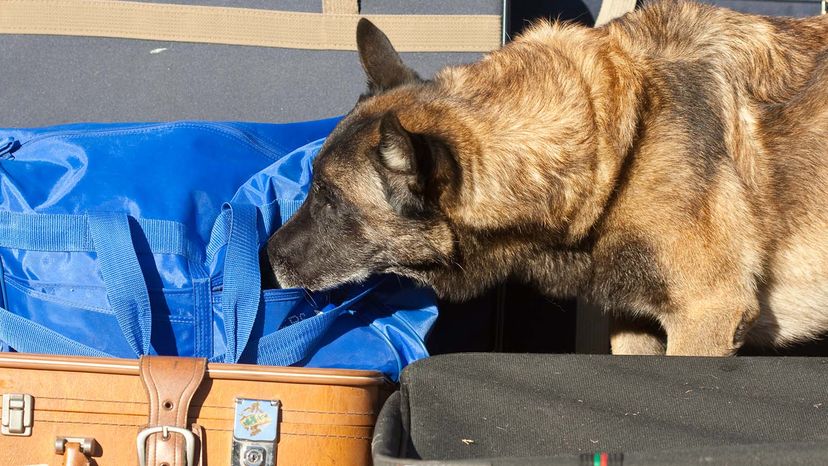
Advertisement
